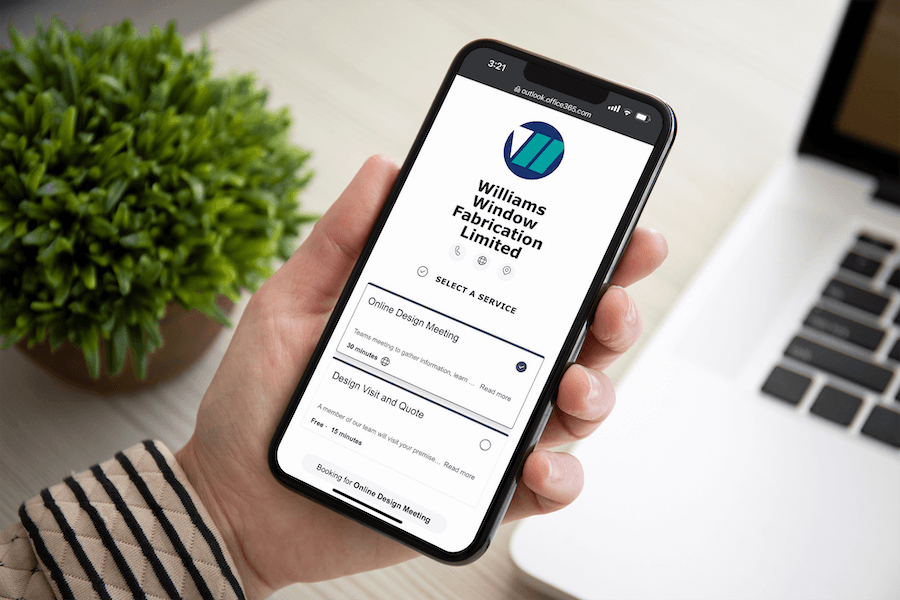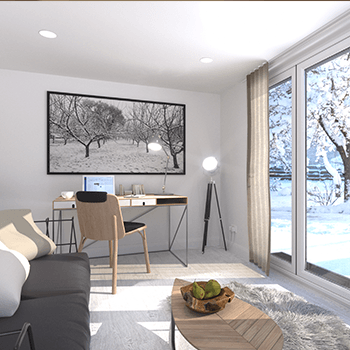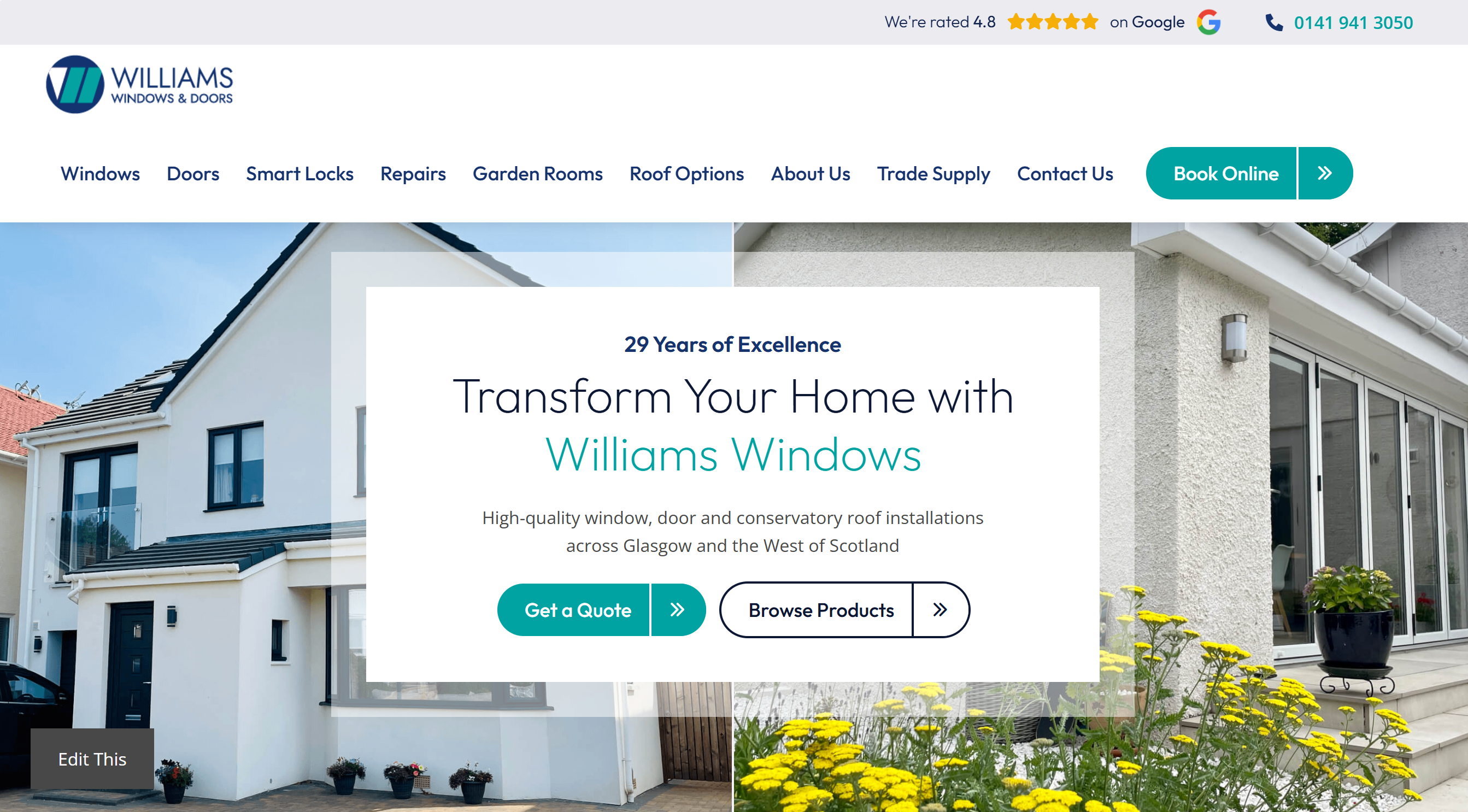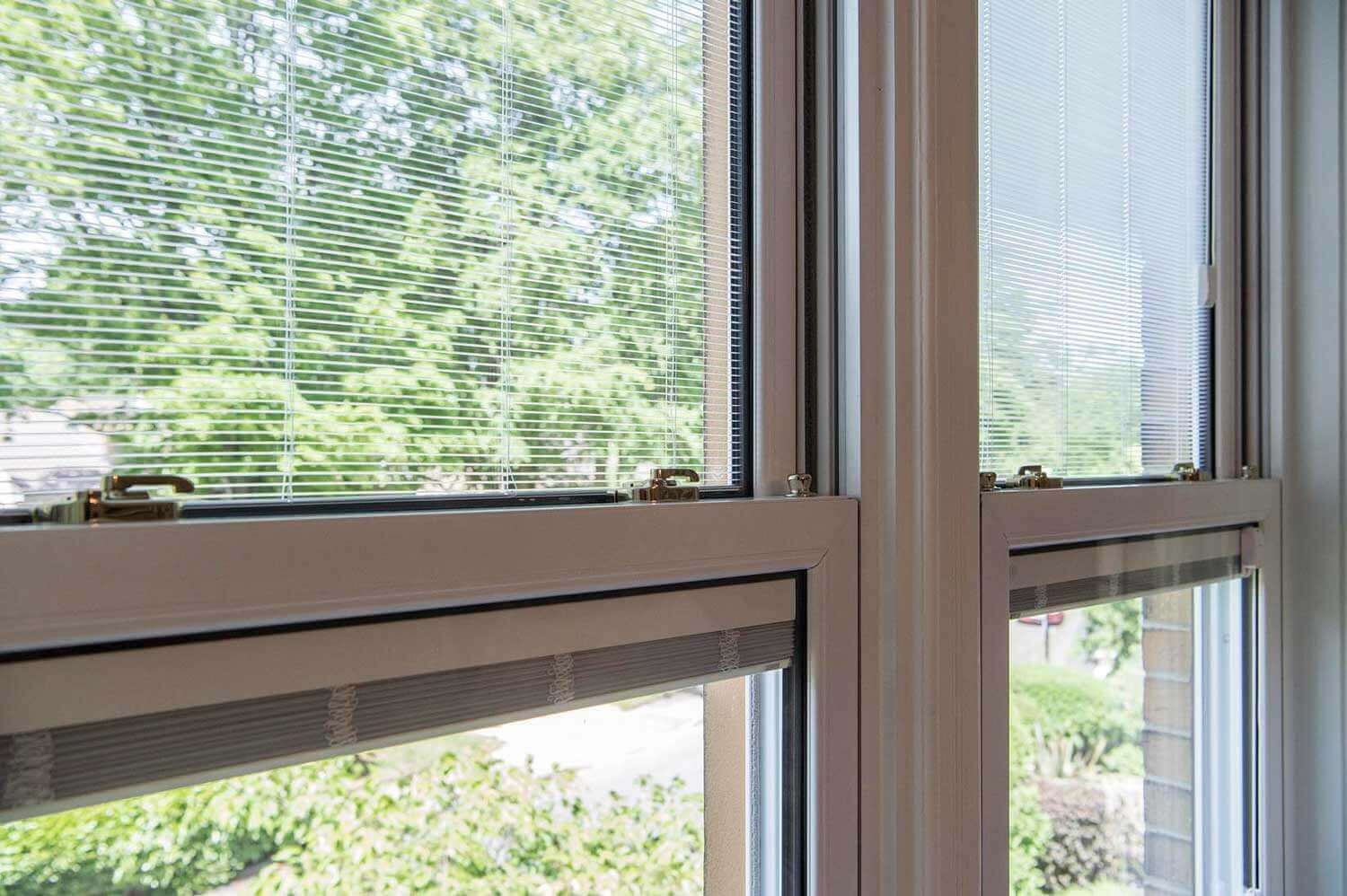uPVC vs Composite Doors
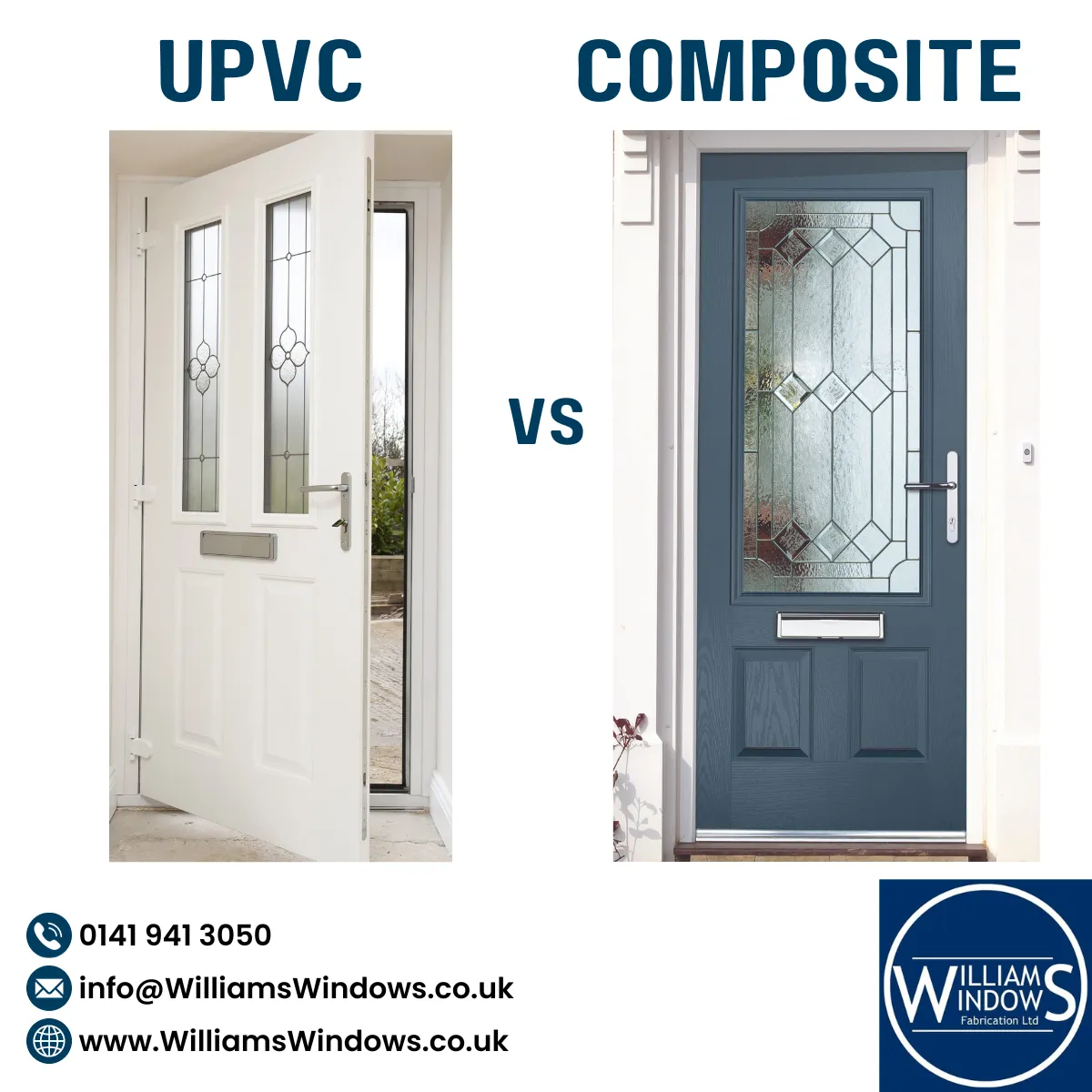
- 05 March 2024
- Doors
UPVC vs Composite Doors
If you are looking for a new front door for your home, you might be wondering whether to choose a composite door or a uPVC door. Both types of doors have their advantages and disadvantages, but which one is best for your needs?
What are composite doors and uPVC doors?
Composite doors are made from a combination of materials, such as wood, plastic, metal and foam, that are pressed and glued together under high pressure. This process creates a very strong and durable door that can withstand harsh weather conditions and resist warping, cracking and fading. Composite doors also have a realistic woodgrain finish that can mimic the appearance of timber doors, but without the need for painting or staining.
uPVC doors are made from unplasticised polyvinyl chloride, which is a type of plastic that is reinforced with an insulated frame. uPVC doors are cheaper and easier to manufacture than composite doors, and they are also easy to clean and maintain. uPVC doors have a smooth surface that can be coloured or textured to suit different styles, including a wood grain if that is your preference.
Here are some of the main pros and cons of composite doors vs uPVC doors:
Pros of composite doors:
- Offer excellent thermal efficiency, as they have a thick core that can keep the heat in and the cold out.
- Stylish and elegant appearance, as they can be customised with various colours, designs, glazing options and hardware accessories.
- Long lifespan, as they can last for over 30 years without losing their shape or colour.
Cons of composite doors:
- More expensive than uPVC doors, as they require more materials and labour to produce.
- Can make creaking or cracking noises when exposed to direct sunlight, as the different materials expand and contract at different rates.
- Can be heavier than uPVC doors, which means they need stronger hinges and frames to support them.
Pros of uPVC doors:
- More affordable than composite doors, as they have a lower production cost and installation fee.
- Easy to clean and maintain, as they only need a wipe with a damp cloth and some mild detergent to keep them looking fresh.
- Weatherproof, as they have seals and gaskets that can prevent water ingress and draughts.
Cons of uPVC doors:
- They have lower thermal efficiency than composite doors, as they have a thinner core that can allow heat to escape and cold to enter.
- Some consider their appearance to be less attractive than composite doors.
Are composite doors worth the extra cost?
This comes down to personal preference and budget. If you are on a tighter budget, uPVC doors might be a better option for you. uPVC doors can still provide adequate insulation, security, durability and aesthetics for your home, but at a lower upfront cost. uPVC doors are also easier to maintain than composite doors, which can save you time and hassle.
The best type of door for your home depends on your personal preferences, needs and budget.
We can supply you with either, at the best value in Glasgow.

